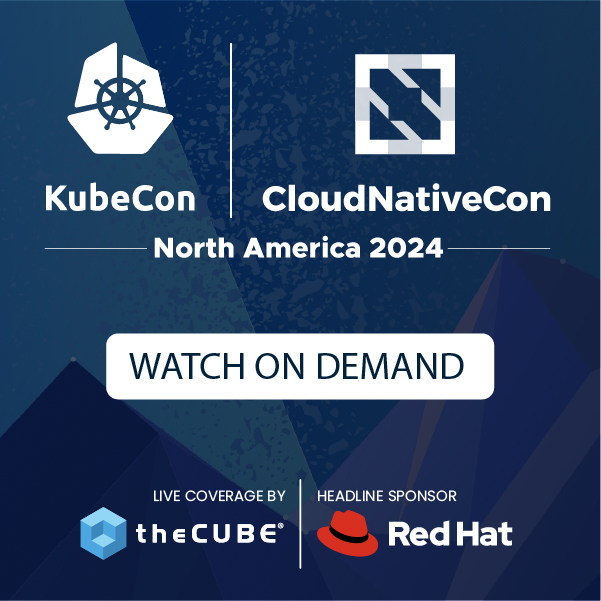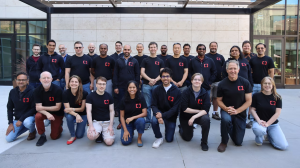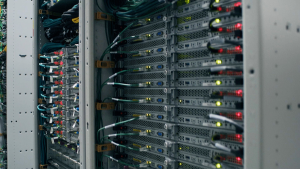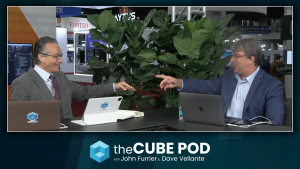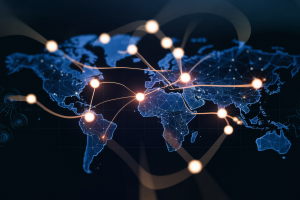Dropbox Now Speaks Korean, Updates Android App
![]() It’s time for another quick review of what’s happening in the cloud. No, I’m not talking about whether we have nimbus, or cumulunimbus clouds hovering above us, but what I’m pertaining to is the cyber cloud – the thing that lets you store your files so that your computer or mobile device won’t get full. So let’s look at the latest buzz on the cloud.
It’s time for another quick review of what’s happening in the cloud. No, I’m not talking about whether we have nimbus, or cumulunimbus clouds hovering above us, but what I’m pertaining to is the cyber cloud – the thing that lets you store your files so that your computer or mobile device won’t get full. So let’s look at the latest buzz on the cloud.
Dropbox
Dropbox announced that they’ve added a new language to their foray, Koreans can now enjoy Dropbox in their native tongue, An nyoung ha seh yo! Aside from the English language, Dropbox is now available in German, French, Spanish, Japanese, and of course Korean.
But aside from adding a new language, Dropbox also updated their Android app – it now supports video streaming. Video streaming is as easy as one click. When presented with a video file, instead of giving you an option to download a video, it plays the video. The new feature supports MP4, M4V, and MKV files. Users can still download video files it they don’t want to stream it or if they want a copy of the video they just watched. All they have to do is tap the “Export” button, save the file on the SD card of their device and they’re all set. Video streaming is definitely an awesome way to save space on Android devices.
Google Drive
Google recently announced that they’ve acquired Quickoffice, a small software company that makes the Quickoffice Pro productivity suite that serves as a business editing tool for Android. This is yet another step Google took to expand their cloud offerings. But their recently released Google Drive is facing much controversy as it was slapped with a patent infringement lawsuit.
Massachusetts-based company Superspeed LLC filed a case against Google for allegedly infringing patents related to caching data.
Here’s an excerpt of the complaint:
SuperSpeed and its predecessor EEC have developed and marketed software for increasing performance of computers linked together in a network. The software is designed to work in a network environment known as a shared-disk cluster. […]
For example, a bank might have hundreds of computers as part of its network, some for employees handling customer service calls, others for employees running credit checks for loan applications, and so forth. […]
Accessing data on hard disks and other mechanical storage devices is a relatively slow process. […]
SuperSpeeds software helps overcome this problem by permitting data “caching” in a shared-disk cluster network. “Caching” accelerates data processing operations by making a copy of frequently accessed data in the random access memory (or “RAM”) of the individual computer that is using the data. A computer can access data in RAM approximately two-hundred-thousand times faster than data on a hard disk.
The enterprise side of cloud collaboration is certainly an attractive investment, as EMC recently acquired Syncplicity as well.
On the mobile side, the consumer cloud is certainly the targeted angle. Just prior to Dropbox’s Android update, SugarSync updated their Android app offering as well with enhanced file sharing, managing and editing files on the go, plus an easier way of getting free storage. Aside from that, they were the recipients of the MobileTrax 2012 Mobility Award for the best Mobile Software for Productivity at this year’s CTIA.
“The Mobility Awards have honored the brightest innovators in mobile computing and wireless data communications products and services for the past 16 years. This year there was stiff competition for the 450 products and services which were nominated in the 63 categories,” said J.Gerry Purdy, Ph.D., Principal Analyst with MobileTrax LLC in a released statement.
A message from John Furrier, co-founder of SiliconANGLE:
Your vote of support is important to us and it helps us keep the content FREE.
One click below supports our mission to provide free, deep, and relevant content.
Join our community on YouTube
Join the community that includes more than 15,000 #CubeAlumni experts, including Amazon.com CEO Andy Jassy, Dell Technologies founder and CEO Michael Dell, Intel CEO Pat Gelsinger, and many more luminaries and experts.
THANK YOU



